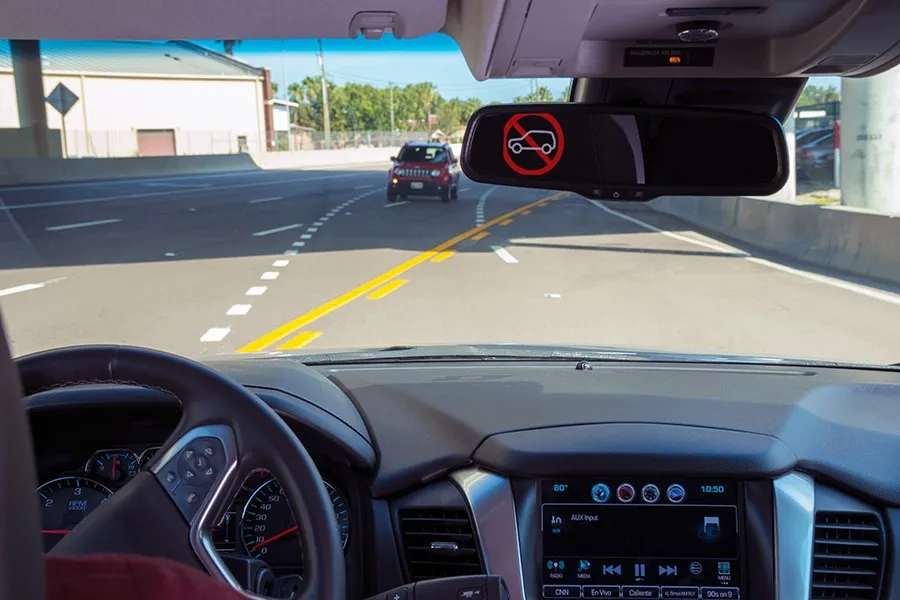The Victorian Government in Australia has partnered with Bosch, the Transport Accident Commission and VicRoads to build the first vehicle developed in Australia with self-driving capabilities.
The US$900,000 (AU$1.2 million) investment has helped Bosch develop the self-driving vehicle, which has been designed to navigate roads with or without driver input and includes technology such as inbuilt sensors and cameras to detect and avoid hazards such as pedestrians, cyclists and other vehicles.
Trials of
October 6, 2016
Read time: 2 mins
The Victorian Government in Australia has partnered with Bosch, the Transport Accident Commission and 4728 VicRoads to build the first vehicle developed in Australia with self-driving capabilities.
The US$900,000 (AU$1.2 million) investment has helped Bosch develop the self-driving vehicle, which has been designed to navigate roads with or without driver input and includes technology such as inbuilt sensors and cameras to detect and avoid hazards such as pedestrians, cyclists and other vehicles.
Trials of the vehicle will be used to inform the development of regulations and infrastructure to enable similar self-driving cars to operate on Victorian roads when they become commercially available in the future.
The trial will also help VicRoads better understand how motorists use self-driving vehicles and the changes needed to prepare for the future.
Traffic management experts and urban planners will get a better understanding of the need to reconfigure road networks and traffic signals to optimise safety and the flow of vehicles across the network.
The government believe self-driving vehicles are an important step to reducing road trauma with 90 per cent of crashes resulting from human error. It says the introduction of highly-automated vehicles has the potential to help Victoria achieve its Towards Zero vision – a future free of deaths and serious injuries on the state’s roads.
The US$900,000 (AU$1.2 million) investment has helped Bosch develop the self-driving vehicle, which has been designed to navigate roads with or without driver input and includes technology such as inbuilt sensors and cameras to detect and avoid hazards such as pedestrians, cyclists and other vehicles.
Trials of the vehicle will be used to inform the development of regulations and infrastructure to enable similar self-driving cars to operate on Victorian roads when they become commercially available in the future.
The trial will also help VicRoads better understand how motorists use self-driving vehicles and the changes needed to prepare for the future.
Traffic management experts and urban planners will get a better understanding of the need to reconfigure road networks and traffic signals to optimise safety and the flow of vehicles across the network.
The government believe self-driving vehicles are an important step to reducing road trauma with 90 per cent of crashes resulting from human error. It says the introduction of highly-automated vehicles has the potential to help Victoria achieve its Towards Zero vision – a future free of deaths and serious injuries on the state’s roads.










